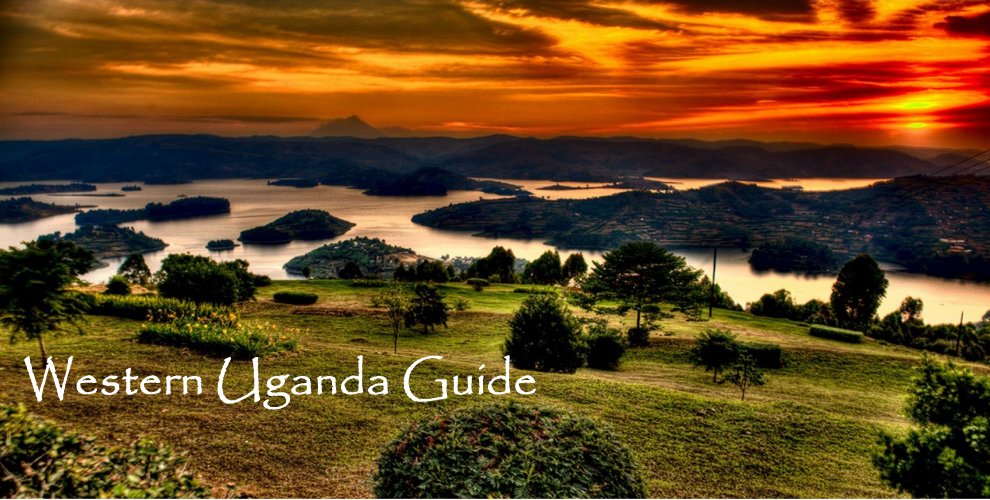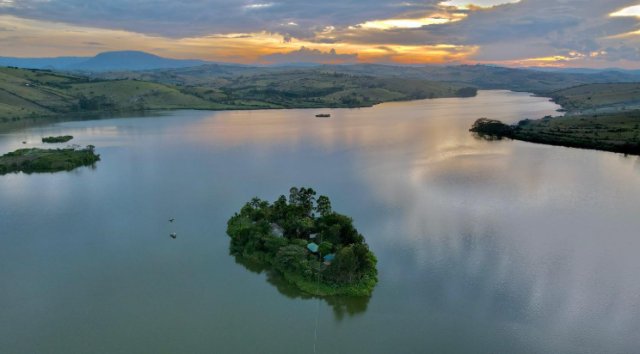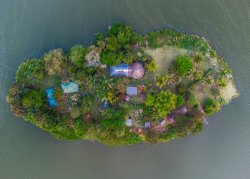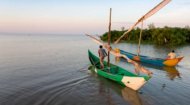
|
Lake Nyabihoko Guide |
Lake Nyabihoko Guide |
Lake Nyabihoko Guide | Lake Nyabihoko Guide |

|
Today, life around Lake Nyabihoko continues to revolve around a modest yet vital array of activities. Fishing remains a primary economic focus, with local fishermen employing traditional methods, often using canoes and nets to harvest species like Tilapia and various types of catfish that thrive in its waters. The produce from the lake provides crucial protein for local diets and generates income for families, contributing to the local economy. Beyond fishing, the lake serves as a critical water source for communities, their livestock, and small-scale agriculture, particularly during dry spells when other sources dwindle. While large-scale tourism infrastructure is nascent, the lake offers tranquil recreational opportunities. Local residents and a growing number of visitors enjoy serene canoe rides, birdwatching along its papyrus-fringed shores, or simply soaking in the peaceful atmosphere and picturesque views, making it a quiet escape from the hustle of urban life. Lake Nyabihoko is also a sanctuary for a diverse array of wildlife, contributing significantly to the region's biodiversity. Its waters teem with various fish species, forming the base of a complex aquatic food web. The lake's shores, particularly areas covered with papyrus swamps and reeds, provide ideal habitats for a rich assortment of avian life. Birdwatchers can delight in spotting elegant egrets, various species of kingfishers, African fish eagles soaring overhead, and numerous other water-dependent birds, some of which are migratory, adding to the spectacle. On its fringes, can be encountered monitor lizards basking in the sun, otters playing in the shallows, and a variety of small mammals and insects that thrive in the lush riparian zone. The surrounding vegetation, including indigenous trees and shrubs, further supports a local ecosystem that is both delicate and resilient, making the lake a critical ecological hotspot within Ntungamo District. Despite its undeniable natural beauty and cultural significance, Lake Nyabihoko faces a growing number of conservation challenges. Overfishing, driven by increasing population demands and unsustainable practices, threatens fish stocks and the livelihoods of local communities. Pollution from agricultural runoff, carrying pesticides and fertilisers, as well as domestic waste, can degrade water quality and harm aquatic life. Siltation, resulting from deforestation and unsustainable land use practices in the surrounding catchment area, reduces the lake’s depth and alters its ecological balance. Climate change also poses a threat, leading to unpredictable rainfall patterns and fluctuations in water levels, which impact both the ecosystem and human activities. Recognising these threats, local communities, often supported by government initiatives and environmental NGOs, are increasingly engaging in conservation efforts. These include promoting sustainable fishing methods, educating residents on waste management, advocating for reforestation along the shores, and enforcing environmental regulations to protect this precious resource for future generations. Looking ahead, the future of Lake Nyabihoko holds immense potential for sustainable development, balancing economic growth with ecological preservation. There are growing aspirations to develop responsible eco-tourism initiatives that would allow visitors to experience the lake's beauty and cultural richness without compromising its integrity. This involves establishing community-run guesthouses, guided nature walks, and even cultural tours that offer insights into local traditions. Furthermore, efforts are underway to empower local communities through enhanced access to clean water, promotion of sustainable agricultural practices that minimise environmental impact, and support for alternative livelihoods that reduce pressure on the lake's resources. Scientific research into the lake’s biodiversity, water quality, and ecological health is crucial to inform evidence-based conservation strategies. Ultimately, the vision for Lake Nyabihoko is one where its formation, history, and cultural resonance continue to inspire, where its wildlife thrives, and where its vital role in the lives of the people of Ntungamo is perpetually cherished and protected through thoughtful planning and collective action, ensuring its legacy endures for millennia. |










